Modern YGO being hard is one of those lasting imprints the franchise left on the wider zeitgeist, along with draw 2 cards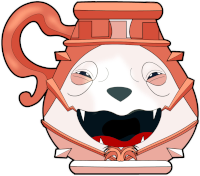 and le censored boobays
and le censored boobays 
It's not exactly wrong. IDK if it's much harder than Magic because im not a boomer. But one of the boomerisms used often is ":klanjak: we have black cards now!?"
I'm going to go over the new summoning mechanics implemented over the years and then some actually unintuitive rulings.
New Monster Types
Most of this is set dressings. They aren't harder than the ol' reliable Fusion monsters, with one expection, which i'll get to.
Synchro
To Synchro summon, you just need monsters on the field whose total stars equal that of the Synchro monster, with one of them being a Tuner monster. One Tuner, any number of any monsters. You can see if a monster is Tuner by looking at it's tribes on top of the effect text box. They work like normal monsters in any other context.
To Syncro summon Stardust Dragon(8), you'd use Galaxy Serpent(2), a Level 6 monster, or two Level 3 monsters along with any other combination. It's just addition r-slur 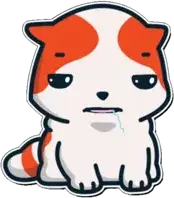
Some of them can specify other materials, restrictions on how few monsters you can use and the like. But these are few and far between. It's also still just addition 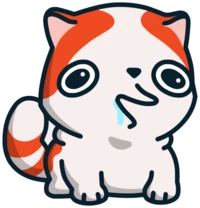
XYZ
This is even more generic. To summon a Rank 4 XYZ monster, you need 2 Level 4 monsters. Simple. Do take note, you can't use an XYZ monster as a generic material for another XYZ monster, because they technically have Ranks instead of Levels. Which is mostly an arbitrary distinction and won't come up often.
The complicated thing about XYZ is what happens to their materials. They don't go to the Graveyard like Fusion or Synchro materials. You stack them under the XYZ card you summoned. XYZ monsters have effects that activate by taking out some of those materials and putting them into the Graveyard, but this doesn't activate effects of monsters that pop when they are sent to the Graveyard. Quite unintuitive, but just consider that a card is in the aether if it is under an XYZ card. Most cards can't interact with them, unless they have an effect specifically to do just that. This wasn't always the case, but it was changed several years ago to prevent some unintended interactions.
Links
Links just requires as many monsters on the field as their Link rating. You can see their Link rating on where their DEF stat would be, because Links can't be put on defense position.
When using Link monsters as material for a new Link summon, you can use their rating as how many monsters they count as. So, to Link Summon a Link 3, you can use 3 monsters, or a Link 2 + 1 monster.
They have as many arrows on their art border as their rating. If you have no Link monsters, you need to summon your first one on the Extra Monster Zone, which is the 2 extra Zones added with this mechanic. All subsequent Links must be summoned to a zone which is being pointed to by an existing Link monster.
This isn't complicated in execution, but does raise eyebrows by those who came back to the game. Since zone placements have not mattered much before Links came around. Also makes it hard to play without a mat if you aren't very careful with how you place your cards.
Pendulum
This is the start of complicated mechanics in this write up.
Okay, why do they look so weird? Because they are both monsters and spell cards. But not at the same time. If you summon them, they're monsters. If you play them on the spell & trap zone, they're spells. Only one effect text is in the works at any given time, depending on it's position. Top for spell, bottom for monster.
To Pendulum summon, you need to play 2 of them as spells, on the left-most and right-most zone of the S&T zone. These are called the Pendulum scales. They're numbers under the left and right arrows on the card. These are always the same number.
Once a turn, you can summon as many monsters as you want from your hand, whose levels are between the pendulum scales. If you played SG and TG magicians in your pendulum zone, your scales are 1-8. That means you can summon monsters whose levels are 2 to 7.
Pendulum monsters also don't go to the Graveyard when destroyed. They go on top of the extra deck, face-up. You can summon one of these Pendulum monsters on your extra deck with your pendulum summon. They work like Link monsters, in that they have to either go into an Extra monster zone, or a zone a link arrow points to.
Even though these cards don't go into the GY when destroyed, they mechanically work like do. So if you had Banisher on the field, they would be banished instead of going to the extra deck.
Too much text
I might as well use Pendulums to segway into the most common complaint, cards have too much text.
Endymion here is the face of what was the one good Pendulum deck for years, so it's hardly a misplaced example for the problem.
As I said in the previous segment, at any given point only one of those text boxes is in effect, so you don't have to take it all in one go.
Problem Solving Card Text
PSCT is what Konami came up with to standardize card text and leave less things up to interpretation. Cards made before this have weird phrasing;
Under any condition? sounds foreboding.
But this format has a problem with verbosity.
Look at all the punctuation. Colons signify conditions for the effect, semi colons start chains, commas separate steps of the same effect, stops end an effect.
The original version played in Japan is a bit more readable. They separate different effects by numbered points. Konami America didn't chose to import this part of the game for some reason.
No Keywords
Unlike Magic, YGO doesn't have keywords. It was only a couple of years ago they abbreviated Graveyard to GY. This causes a lot of common effects creating text bloat.
Take Once Per Turn for example. This is a stipulation that is printed on most cards made in the last decade. The most common form, called Hard Once Per Turn, is signified by "You can only use each effect of "Card Name" once per turn". The use of the "Card Name" makes it so you can't use duplicate copies of the card either. But since YGO cards also have long names besides long effects, this contributes to the 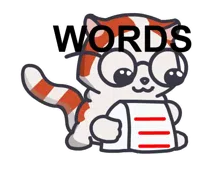 problem. If they got the point across by just writing HOPT at the end of the card, it would greatly improve readability.
problem. If they got the point across by just writing HOPT at the end of the card, it would greatly improve readability.
Perhaps the most egregious example of this is writing rulings that are already implied.
This is a Gemini card, shown as a tribe on top of the effect box. But the gemini mechanic is still written beneath it. Anything preceding the point in this card text is also in every Gemini card. They can remove that paragraph and nothing of value would be lost. Geminis suck anyway, so 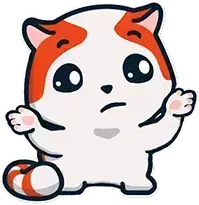
Confusing Mechanics
Targeting vs Non-Targeting
Can Dingirsu "Send 1 card your opponent controls to the GY." Obelisk, who is "Neither player can target this card with card effects."? Yes. The targeting mechanic requires the card to specifically use that term. The window to respond also opens when you target with a targeting effect, but if it doesn't target you can only respond as the effect is activated. On that note;
Destruction vs Non-Destruction
Can Dingirsu "Send 1 card your opponent controls to the GY." Cocytus, who is "Cannot be destroyed by your opponent's card effects."? Same. For an effect to be destruction, it has to say it verbatim. It also skirts by effects that pop when they're destroyed. But Banisher also banishes them, like it does with Pendulum monsters, because they were supposed to go to the GY.
Spell Speed
Spell Speed is a fan term to show which effects can be responded to by an effect. The slowest effects are Normal Spells and Ignition effects.
For example, Lonefire Blossom can "Once per turn: You can Tribute 1 face-up Plant monster; Special Summon 1 Plant monster from your Deck." You can only activate this effect during your Main Phases. It can't respond to your opponent's effects, nor can it be activated during your opponent's turn. Same is true for normal spells like Monster Reborn.
Traps and quick effects are faster, they can respond to the activation of other effects and can be used on your opponent's turn. Quick effects are signified by this logo on spells, and as text on monster effects:
But the fastest cards are Counter Traps, which can only be responded to by other Counter Traps 
Inherent Summon
Question, Steelswarm Roach can;
when a Level 5 or higher monster would be Special Summoned: [Text]; negate the Special Summon, and if you do, destroy it.
Then which of these cards would it be able to negate the summon of, Cyber Dragon or Beat Bison?
It's Cyber Dragon. Why? Because it doesn't have a colon or semi-colon. Roach negates Summons, not effects to summon. Cyber Dragon's ability to summon itself from the hand is an effect, but it doesn't activate. It just happens. This is an Inherent Summon, which goes for Extra Deck summons too. Meanwhile, Beat Bison activates an effect that special summons itself. If you wanted to negate the summon of Beat Bison, you'd need an effect that negates monster effects.
Summons don't start chains, but the monster hitting the field does. Think of the summon as the game state immediately preceding it hitting the field.
Summoning Conditions
Sky Fire is a strong monster with a hard summoning condition. But thankfully it has a support card that can summon it from the GY "ignoring its Summoning conditions". Now you can just mill it to the GY and resurrect it for easy access, right?
No, as it turns out. If a card has summoning conditions, it has to be summoned properly first before it can be cheated out with other cards. So, Flattop can revive a Sky Fire that was properly summoned but then sent to the GY, but can't revive a Sky Fire that was sent to the GY from the deck by Foolish Burial.
Fun fact, Sky Fire's groin missles were removed in the TCG because it was too phallic for the American audiences.
Missed Timing
This is a distinction of When and If. If the activation requirement for an effect is written as "If [thing] happens" then it will activate with no problem. But if it is "When [thing] happens" it will miss timing, and won't resolve.
An effect misses timing when it isn't resolved immediately after it's activation. This happens when an effect is chained to the when effect. Chains start resolving from last to first activation, so if a when effect is chained to; it will activate, another effect will activate and resolve, then the when effect will miss timing.
If you Synchro Summoned Whale, which can:
When this card is Synchro Summoned: You can destroy all your opponent's Attack Position monsters.
But your opponent chained a quick effect to it's activation, the effect won't go off.
Negate Activation vs Effect
When an effect is negated, the effect tries to resolve and then fizzles out. But some cards also negate the activation, which makes it so the effect can't even attempt to resolve.
This doesn't come up often, but if a card has a once per turn clause, if its activation was negated, a second copy can be used afterward. But if the effect is negated, you can't activate any more of that card, since the once per turn effect has already attempted to resolve. Even more of an edge case; while cards that can only be "activated" OPT can be reused if their activation was negated, cards that can only be "used" OPT can't. Because you already used them, even though they were negated.
Negating at the point of resolution
This is an amendment to an amendment of the previous point, but this is another form of effect negation. Cards that negate at resolution don't have colons or semicolons in their text, meaning they don't start chains. Unlike other forms of negation, here the card activates like it's going to resolve, then just fizzles.
Normally, negation that is not continuous are applied as a reaction to an effect, forming a chain over the effect that it will negate. With resolution negation, you choose to negate as the effect is going through, like if you are going to negate the chain 1 effect of a chain with 3 steps, you'd wait for the first 2 steps to resolve, then negate the final effect at it's resolution.
Funny interaction with this mechanic, Cerulean Skyfire is one of the only non continuous ways to negate Super Polymerization.
Fin
So yeah. This has been my compilation of 200iq rulings you won't find in your childhood rulebook. Tell me if you have any questions
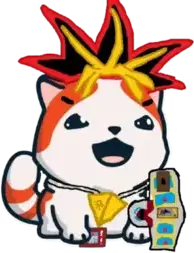





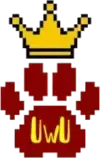


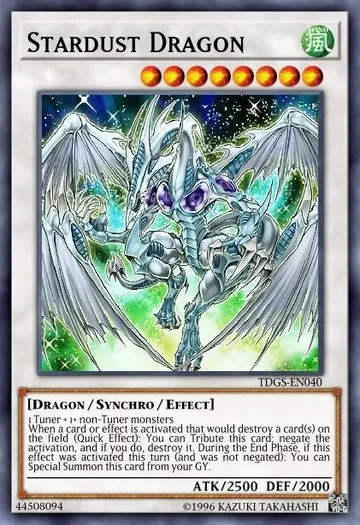
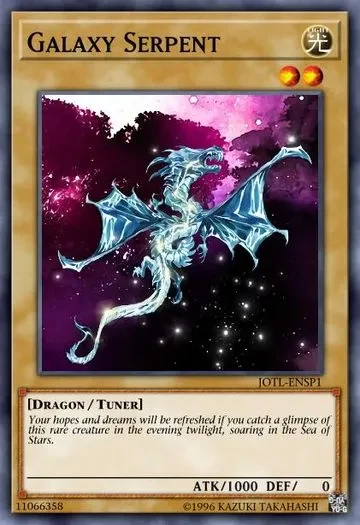
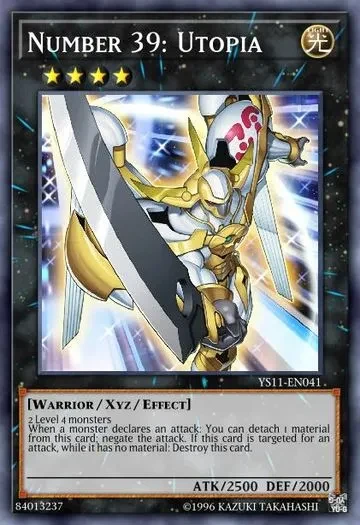
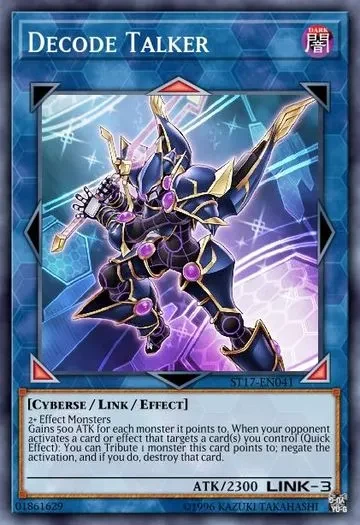
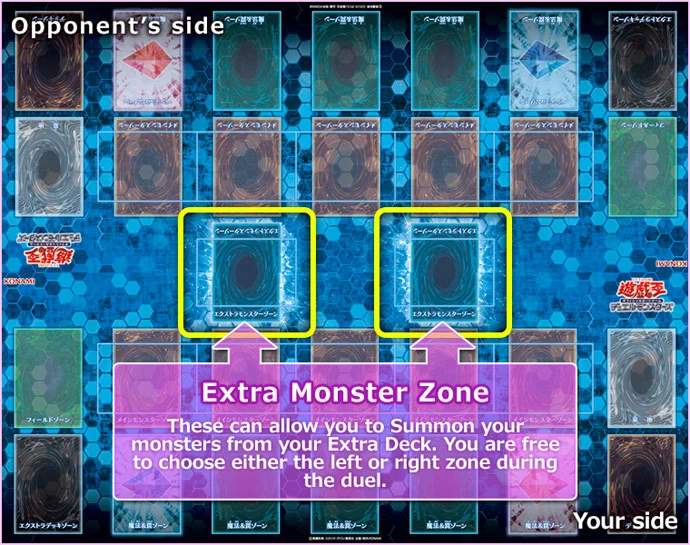
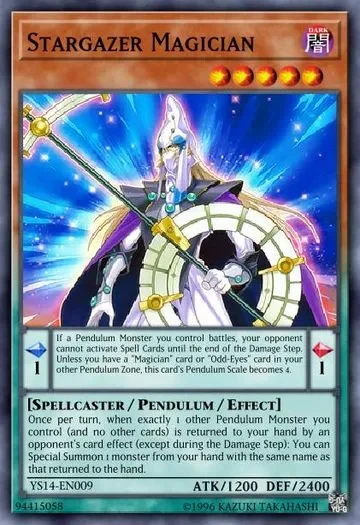
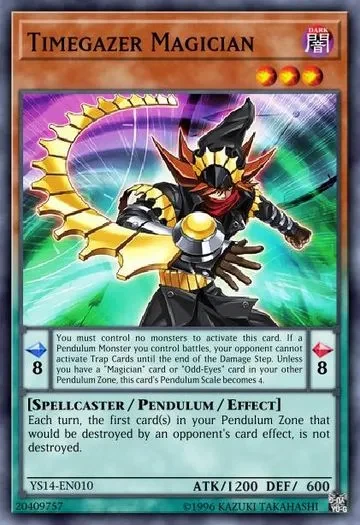
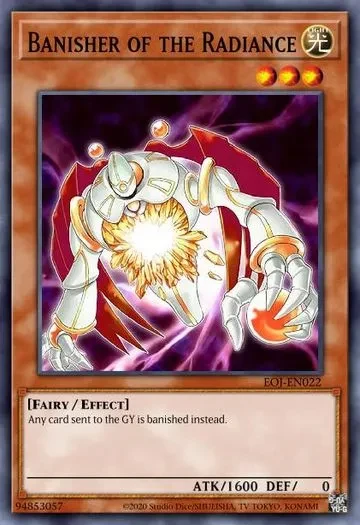

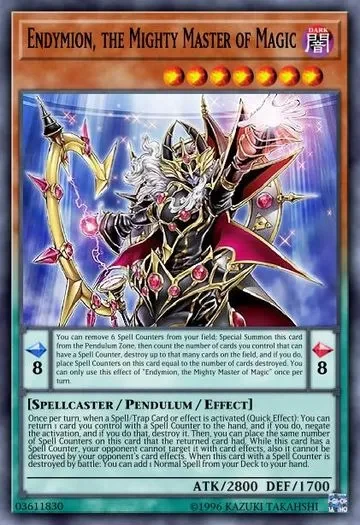
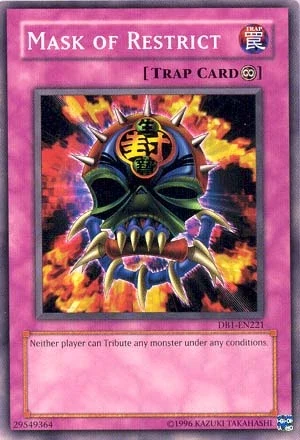
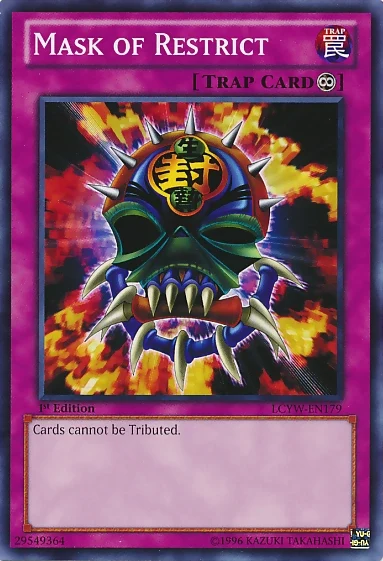

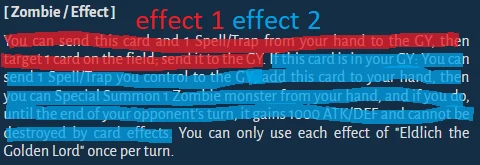
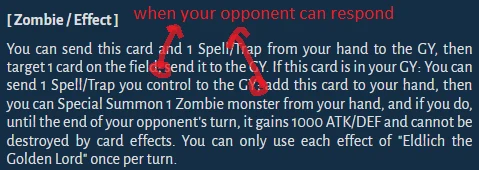
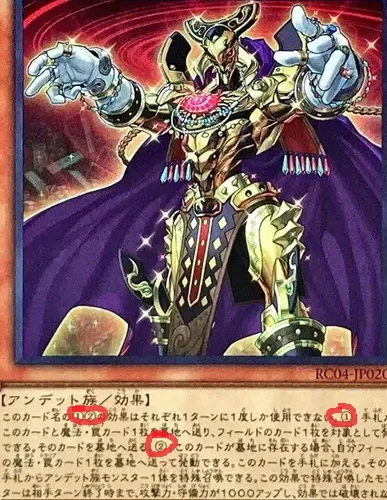
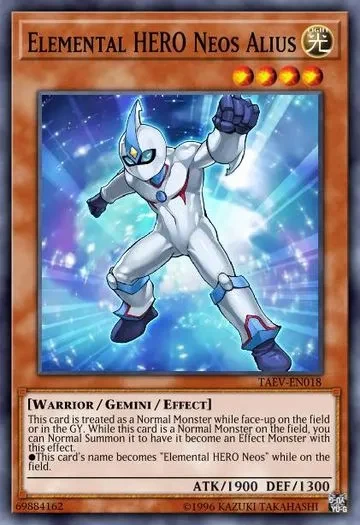
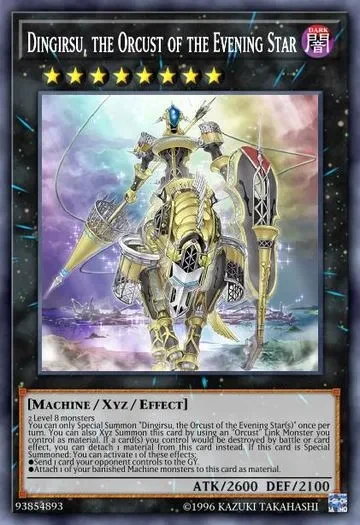
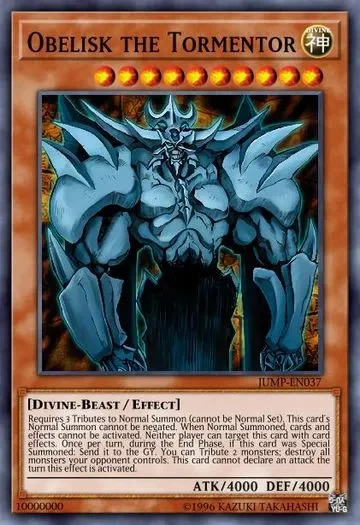
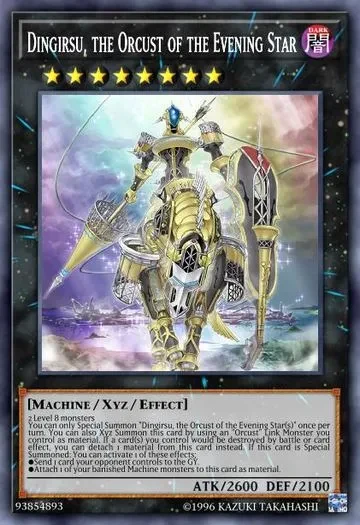
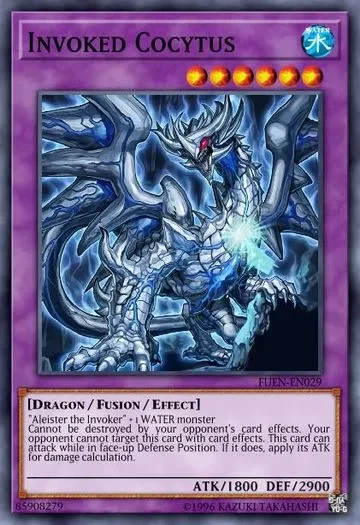


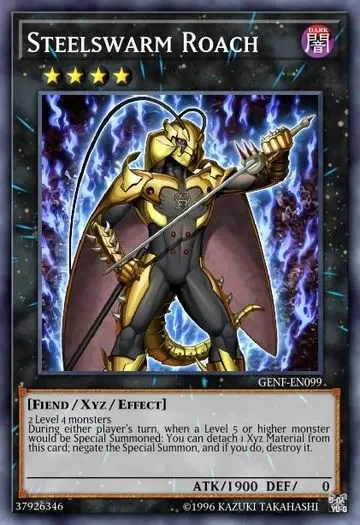
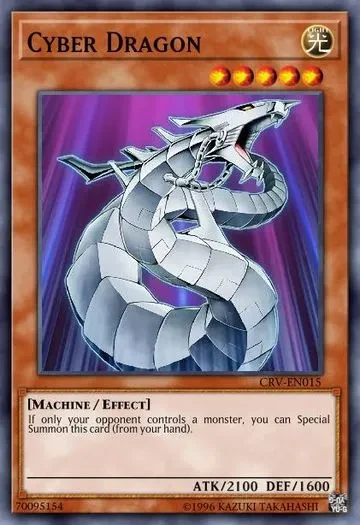
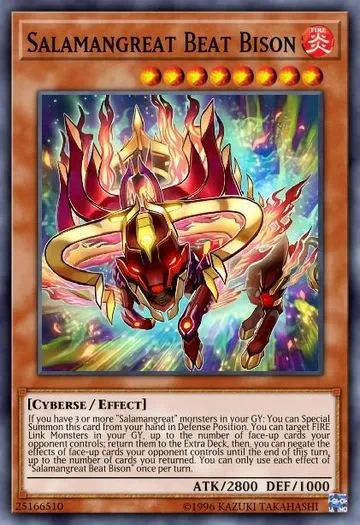
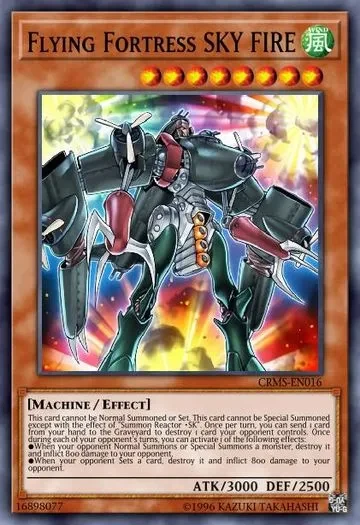
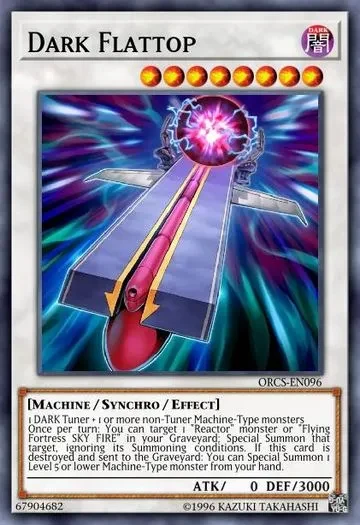
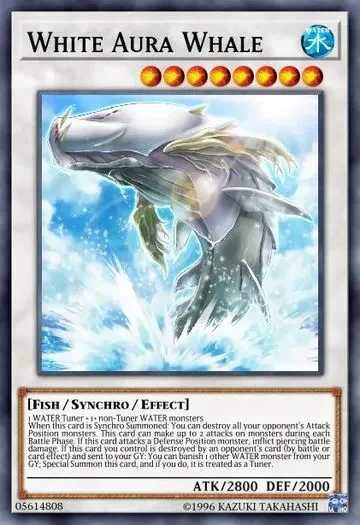
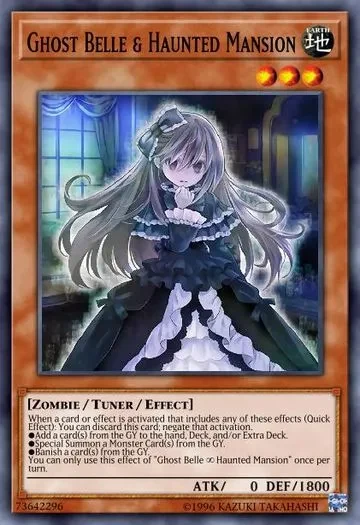
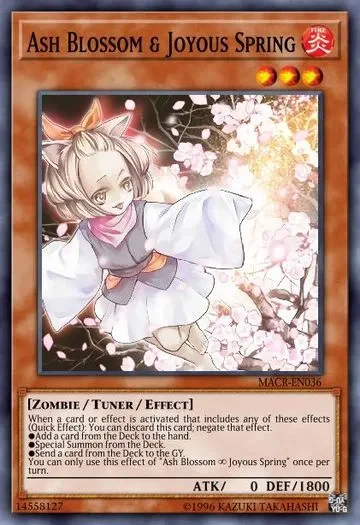
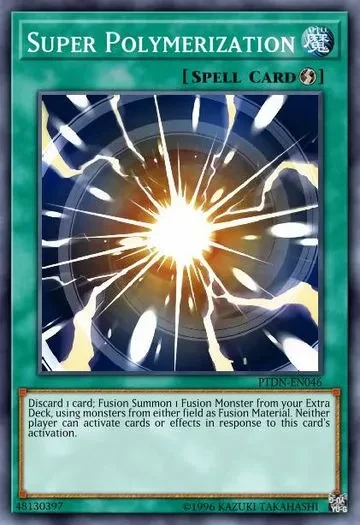
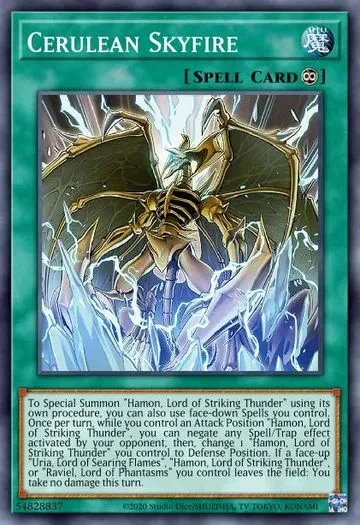

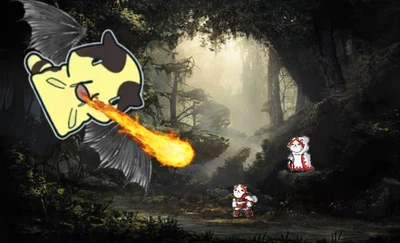
Jump in the discussion.
No email address required.
Ah yes, because what Yu-Gi-Oh needed was even more complicated summoning mechanics
Jump in the discussion.
No email address required.
YGO devs be like:
Please bro just one more summoning mechanic bro it'll fix the game bro I just need to add one more bro please there's still colours left for frames bro
Jump in the discussion.
No email address required.
More options
Context
But non of those are new and been like from 2014.
New rules are rush cards
Jump in the discussion.
No email address required.
B-word I haven't touched this game since the 2000s
Jump in the discussion.
No email address required.
To complicated for boomer brain ?
Jump in the discussion.
No email address required.
Too many gay monsters
Jump in the discussion.
No email address required.
More options
Context
More options
Context
More options
Context
never coming to the west btw
Jump in the discussion.
No email address required.
Ain't the mobile game basically the same ?
Jump in the discussion.
No email address required.
Konami added a Rush Duel mode to "Duel Links" which is a horrifyingly predatory mobile game that shamelessly kneecaps any deck standing between them and shilling their latest set of cards. They are, of course, in totally separate card packs that require additional in-game currency to purchase because mobilewhales just can't help themselves.
Jump in the discussion.
No email address required.
More options
Context
More options
Context
More options
Context
More options
Context
that's not at all my thesis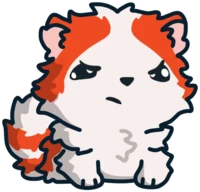
Jump in the discussion.
No email address required.
More options
Context
More options
Context